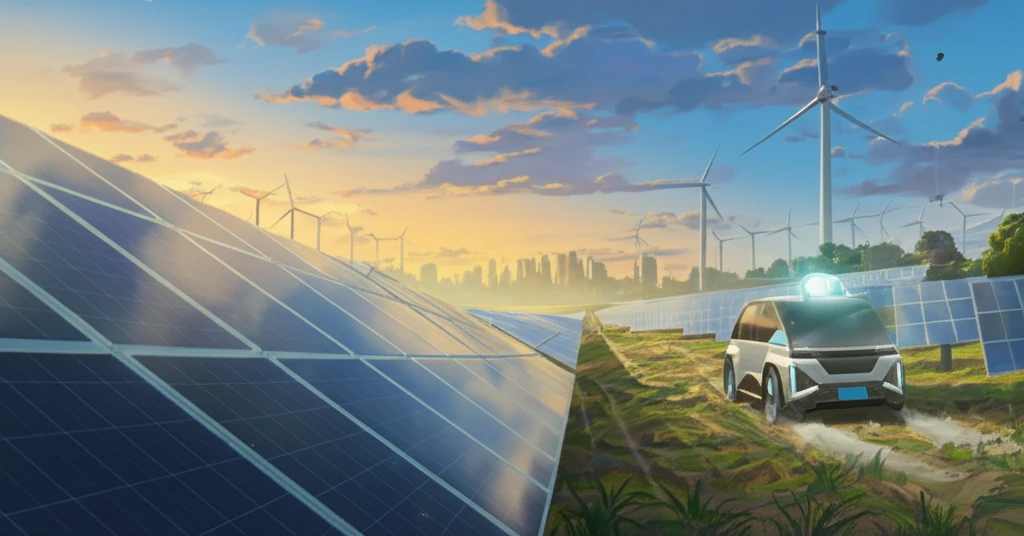
Electricity vs. Oil: How the Renewable Revolution Will Power the Future
"Discover how the shift from oil to electricity, driven by electric vehicles and renewable energy, is reshaping the global energy landscape."
The idea of comparing oil and electricity might seem odd at first glance. They appear as distinct forms of energy, operating in separate spheres, save for a few instances where oil is still used to generate electricity, such as in Saudi Arabia. Initially, most people acknowledge oil's significant dominance in meeting global energy demands. Electricity currently accounts for less than 20% of final energy consumption worldwide, a figure dwarfed by oil's share.
However, oil's long-held supremacy is facing unprecedented challenges. While Big Oil remains a powerful industry player, its relative influence is diminishing. The once-steady growth in oil demand is faltering, while electricity demand is surging at an accelerated pace. This trend suggests that electricity's share of global energy consumption could equal or even surpass that of oil by 2040, if not sooner. In several countries, this transition is already underway. Consequently, some experts believe that oil's peak days are behind it.
This shift is driven by three key factors: the increasing competitiveness of electric vehicles (EVs) and electrified transportation, the global push to reduce carbon emissions through the adoption of renewable energy sources, and growing concerns among investors and insurance companies about the financial risks associated with climate change.
Why the Future Favors Electricity

Several converging trends indicate a significant shift in the energy sector, with electricity poised to play a more dominant role. These trends are gaining momentum, irrespective of political viewpoints, and will not be significantly affected by fluctuations in oil prices. The future of energy is steadily moving towards electricity, increasingly generated from zero-carbon renewable resources.
- Electric Vehicles (EVs): EVs are becoming increasingly competitive, reducing the demand for gasoline and diesel, which cuts into the most profitable segment of the oil industry.
- Carbon Emissions Reduction: The global economy is shifting towards low-carbon energy resources, driven by the need to reduce carbon emissions. Renewables are becoming more abundant and cheaper.
- Investor Concerns: Investors and insurance companies are starting to reduce their exposure to climate change risks, which negatively impacts businesses with a heavy carbon footprint.
The Rise of Renewables and the Future of Energy
These trends are collectively reshaping the energy landscape. While oil will continue to be used in various applications for years to come, losing a significant portion of the passenger vehicle transport market will diminish its overall importance. Conversely, electricity's role is expanding, driven by the increasing adoption of renewable energy sources. The future of energy is undoubtedly leaning towards electrification and sustainability.
